Hungary strongly supports Georgia's EU membership, which is also in the interest of Europe, Prime Minister Viktor Orban told journalists at the press conference in Telavi, after a joint Hungarian-Georgian cabinet meeting in the city on Thursday.
The Hungarian PM recalled that the people of Georgia have been fighting for Christianity for centuries, adding that the Caucasian country has made fantastic progress in recent years.
Mr Orban pointed out that the global security situation in the past 30 years has never been worse than it is today. This was a meeting of two governments whose historical experience is that peace is better than war, he said.
All international conflicts must be ended by peace as soon as possible, but today the world is far from that,
he stated, adding that Hungary and Georgia are setting an example of cooperation.
The Hungarian premier stressed that
Hungary supports the granting of EU candidate status to Georgia because it sees this as justified, and on the other hand, because fast-developing countries like Georgia are also needed to maintain Europe's competitiveness.
Back in the mid-2000's the European Union’s competitiveness had been saved through the accession of central European countries, which he said was “proof that if Europe rejects peoples willing to work and develop, then it will pay by losing its competitiveness”.
Connecting the EU with the Caucasian region is in the interest in Europe, and “linking in Georgia is the easiest way of doing that,” PM Orban said. “That is why we were extremely sad, even angry, when we saw that Georgia was denied candidate member status, whereas countries obviously far behind Georgia in terms of development had been granted that status,” he recalled.
The European Union should decide if enlargement is a political or a merit-based process. If it is the latter, then Georgia’s treatment by the EU has not been fair and “should be remedied without delay,” he stressed, referring to the need to grant candidate status as soon as possible. The Hungarian PM also pointed out that Europe's energy system cannot be modernized without Georgia. The creation of the Azerbaijan-Georgia-Romania-Hungary green energy corridor is vital for the EU.
This project will result in several years of economic growth for all participating countries,
he noted.
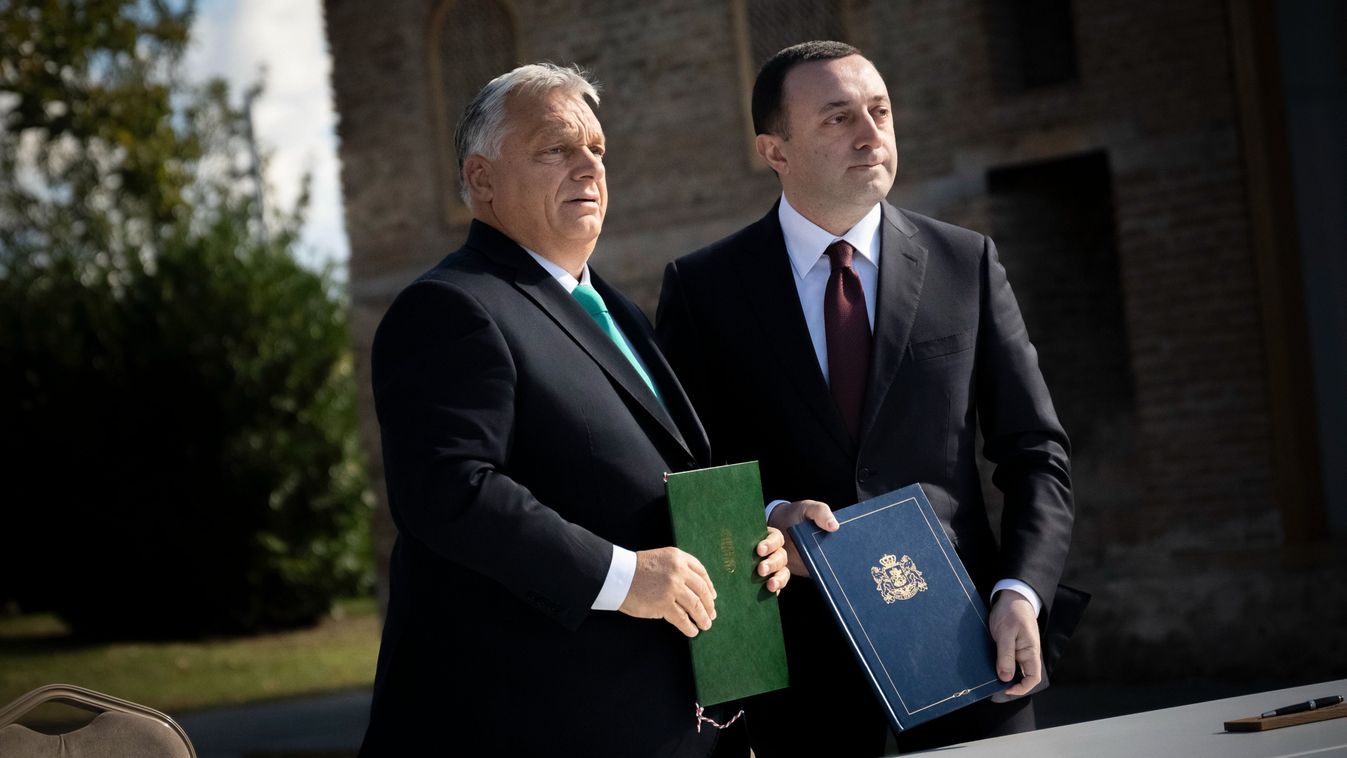
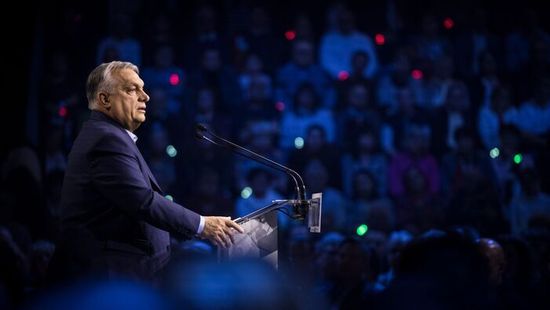
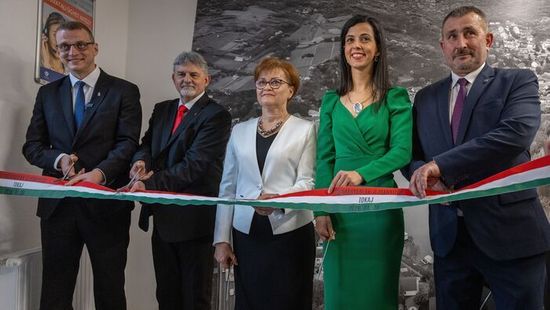
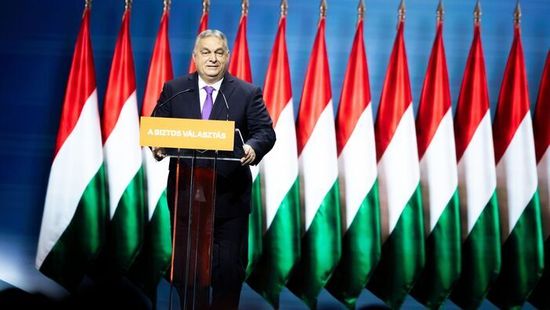


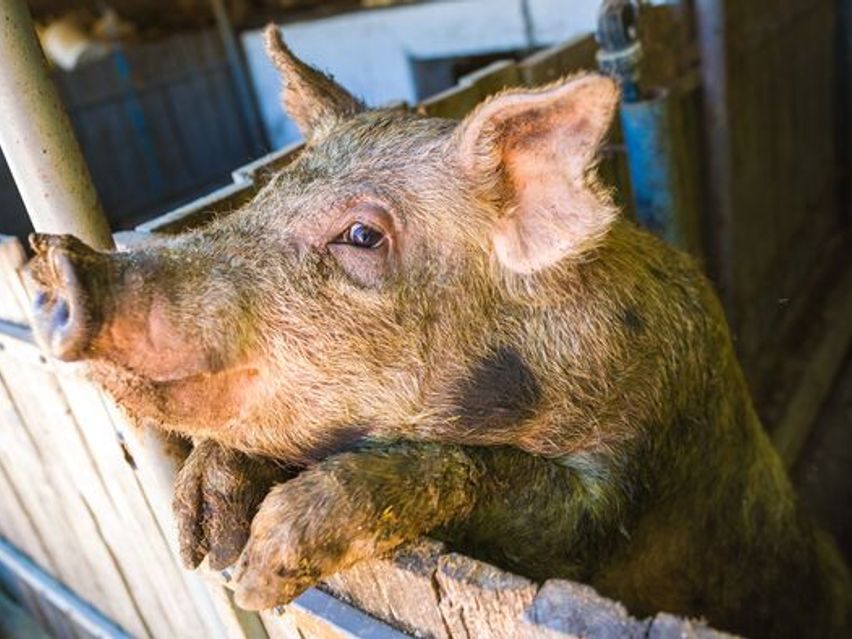




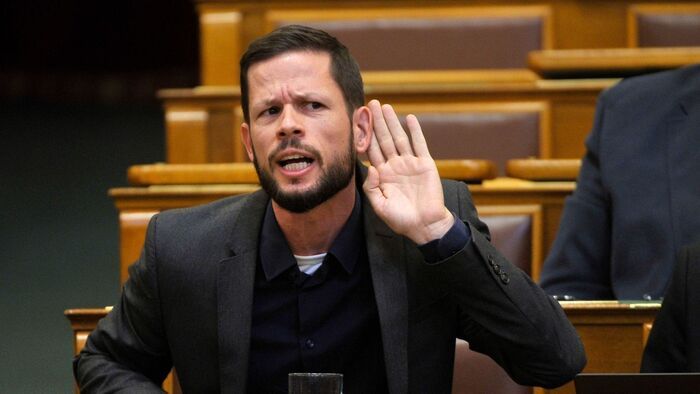
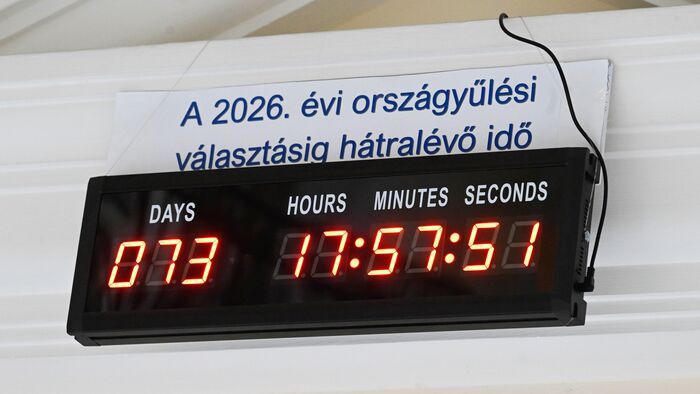
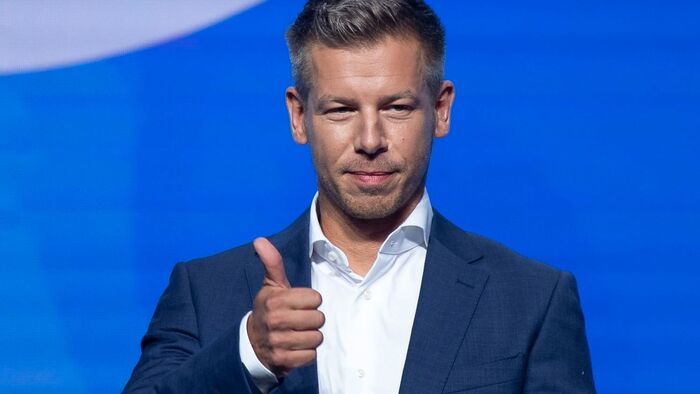


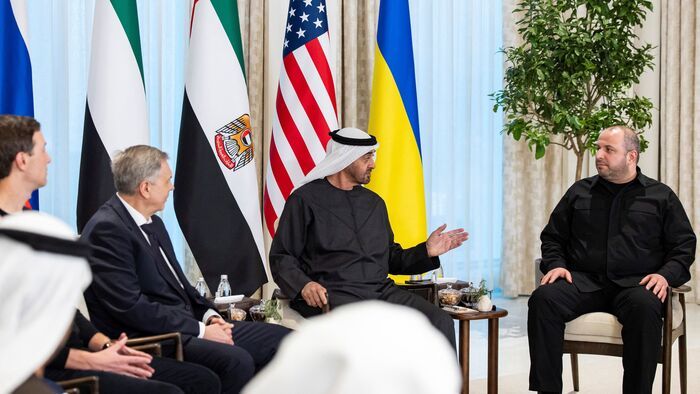
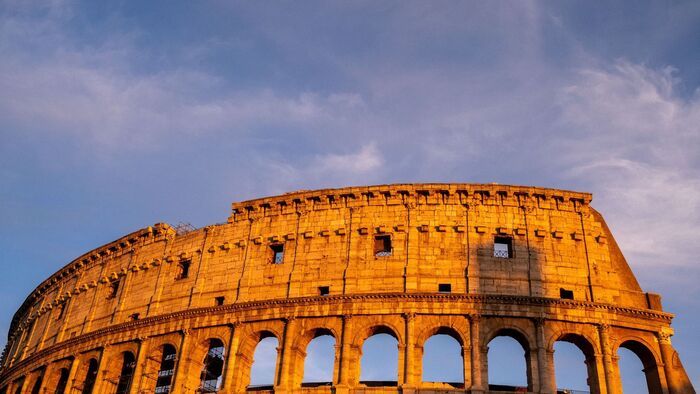


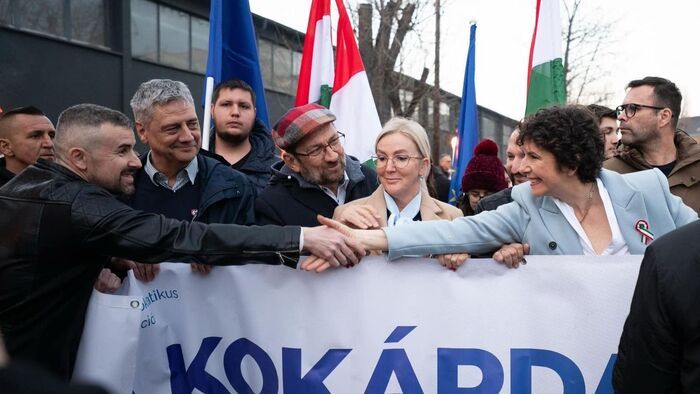
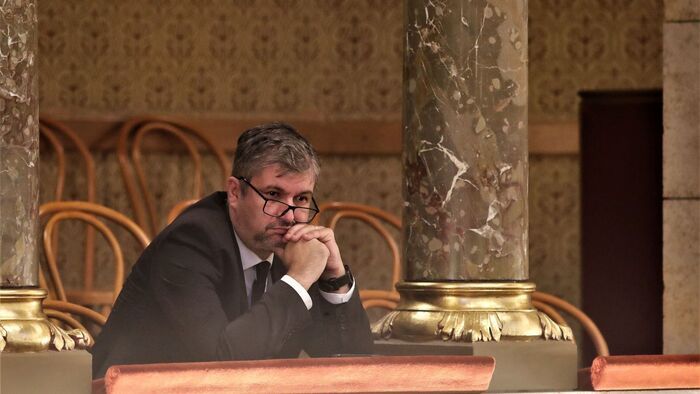

Szóljon hozzá!
Jelenleg csak a hozzászólások egy kis részét látja. Hozzászóláshoz és a további kommentek megtekintéséhez lépjen be, vagy regisztráljon!